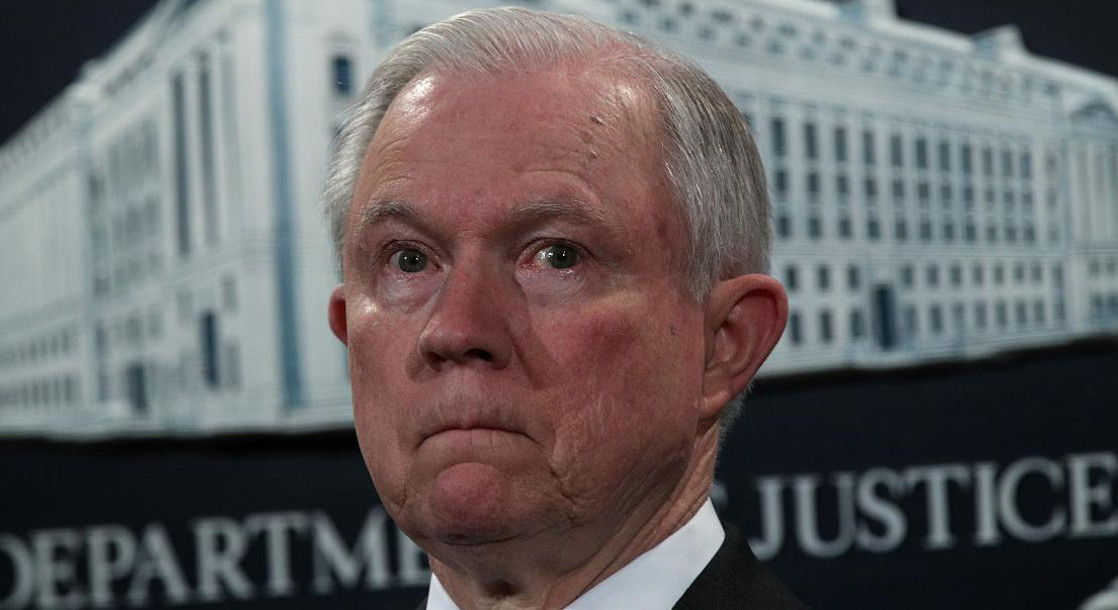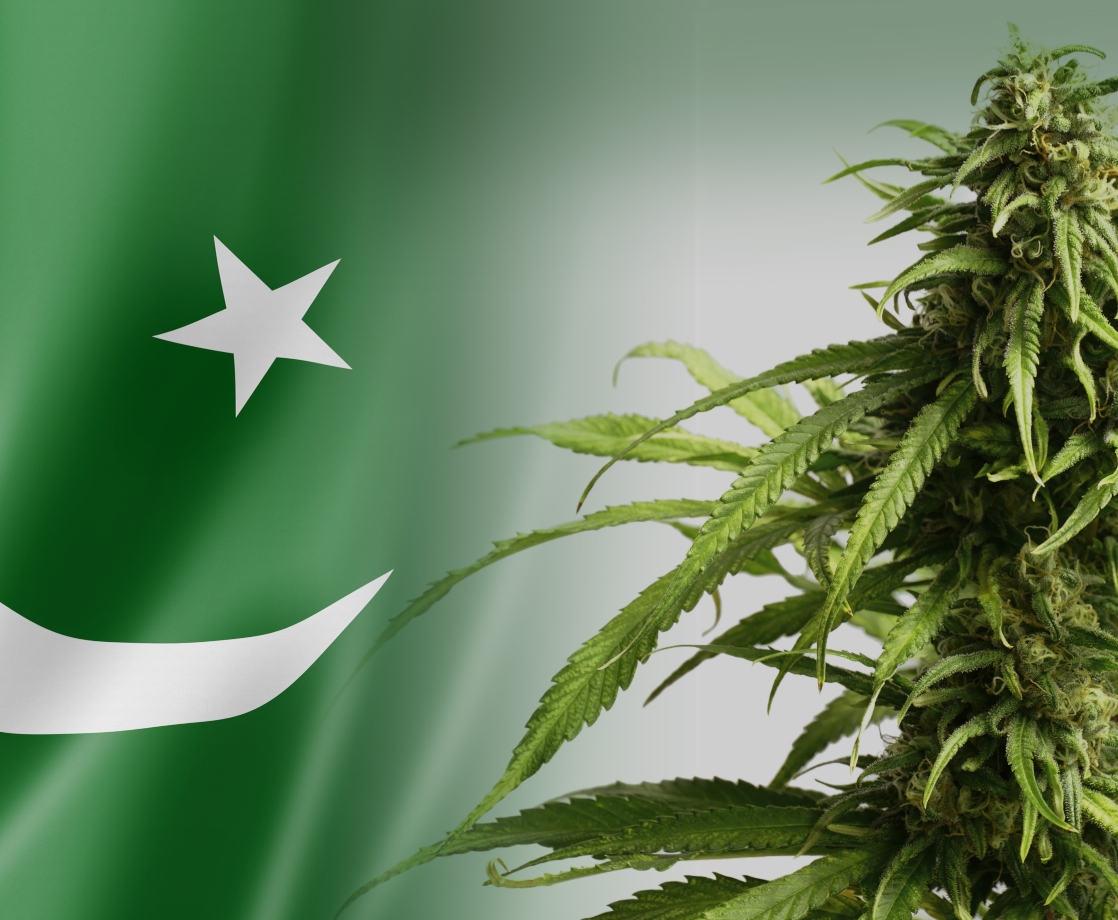It was likely only a month ago that U.S. Attorney General Jeff Sessions was sitting in his office, daydreaming about all the dirt that his violent crime task force would soon dig up on the cannabis trade. Little did he know, but his passive aggressive attempts at putting statewide marijuana legalization into an early grave were destined to suffer a miserable failure so far.
On Friday, it was revealed that Sessions’ “Task Force on Crime Reduction and Public Safety” was giving the Justice Department little to no fuel to burn the cannabis industry at the stake. The task force, which consists of federal prosecutors and law enforcement officials, has recommended that the Trump administration not interfere in state marijuana laws, according to a report from the Associated Press.
Instead, the panel has suggested that Sessions and the U.S. Drug Enforcement Administration, who have simply been waiting for the call to crash the gates of legal pot commerce, should allow legalization to happen, as it has for years, under the guidelines of a memo issued by the Obama administration.
Marijuana advocates have speculated for months that Sessions was planning a takedown of the cannabis trade — so much that he has even been considering a complete reversal of the Cole Memo. But the task force does not think such a bold move is a good idea – at least not at this juncture. The report shows that the latest investigation into legal marijuana should inspire the federal government to continue its research on the matter before the old policy is engulfed in flames.
Although Attorney General Sessions is no friend to marijuana — spewing ignorance on the issue every chance he gets — he has never come right out and said that he plans to impose any kind of crackdown on the cannabis industry. In fact, all of the noise surrounding these threats started from the lips of former White House spokesman Sean Spicer, who told reporters earlier this year that it was possible the nation could see increased enforcement operations in states where weed is now a part of legitimate commerce.
But that is not to say that Sessions hasn’t been looking to cut the throat of the cannabis industry, one way or another. It was just a couple of months ago that he tried to persuade Congressional leaders to eliminate their support for the popular Rohrabacher-Farr amendment, tucked away in a federal spending bill that prevents the Justice Department from investigating, raiding and prosecuting the medical marijuana industry. By all accounts, this move was a signal that Sessions is doing everything in his power to open a can of snakes in states bold enough to call pot medicine.
What’s more is that Sessions recently communicated with officials in states where marijuana is now legal for recreational purposes to scold them about allegedly not following the guidelines detailed in the Cole Memo.
But while the attorney general has told Colorado, Oregon and Washington that he is open to suggestions on how to deal with marijuana policy, he has so far refused to meet with state leaders on the issue.
Policy experts, like John Hudak with the Brookings Institution, believe that Sessions’ black and white gripes concerning the Cole Memo may suggests that he is leaning towards keeping it in place.
“What is interesting here, however, is that Sessions’ accusations (are) that states are not complying with the Cole Memo, perhaps suggesting he is fine with the Cole Memo just not the previous administration’s enforcement of it,” Hudak said.
Hudak also thinks the task force played it safe with its recent marijuana recommendations in order to prevent the total embarrassment of the Trump administration.
"If they come out with a more progressive, liberal policy, the attorney general is just going to reject it. They need to convince the attorney general that the recommendations are the best they can do without embarrassing the entire department by implementing a policy that fails," told the AP.
It is important to understand, however, that the recommendations provided by the task force are not at all binding. In the end, Sessions has the final say on whether the findings will force Trump’s Justice Department to adopt Obama's “hands off” approach to legal weed, or launch a full throttle war against the cannabis industry.
At this point, no one has any idea what Sessions will do about legal marijuana. But the echoes reverberating throughout the cannabis advocacy community is that there should be no fear of a crackdown.
"There's as much evidence that Sessions intends to maintain the system and help improve upon it as there is that he intends to roll it back," Mason Tvert, former director of communications at the Marijuana Policy Project, told the AP.
Still, there is a possibility that Sessions’ updated marijuana legalization directive, if there is, in fact, one to come, may prevent the cannabis industry from continuing to grow.
Last week, Colorado Governor John Hickenlooper, while speaking to Politico Playback about his April meeting with the attorney general, said Sessions told him, “we’re not going to come in and shut everything down,” but the Justice Department will not condone “one more plant being grown in someone’s home” or “one more retail outlet.”
But exactly what this means is anyone’s guess.











